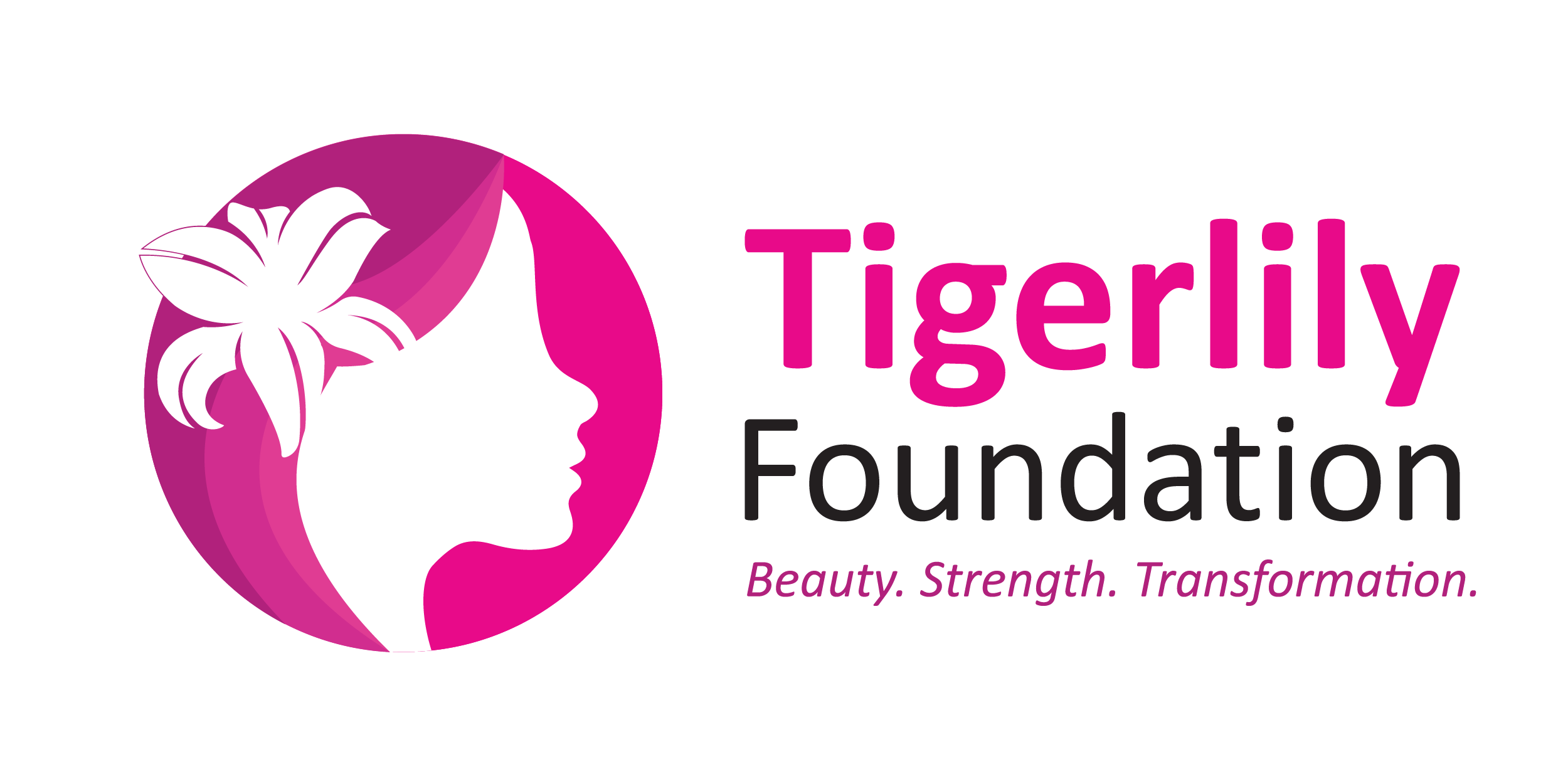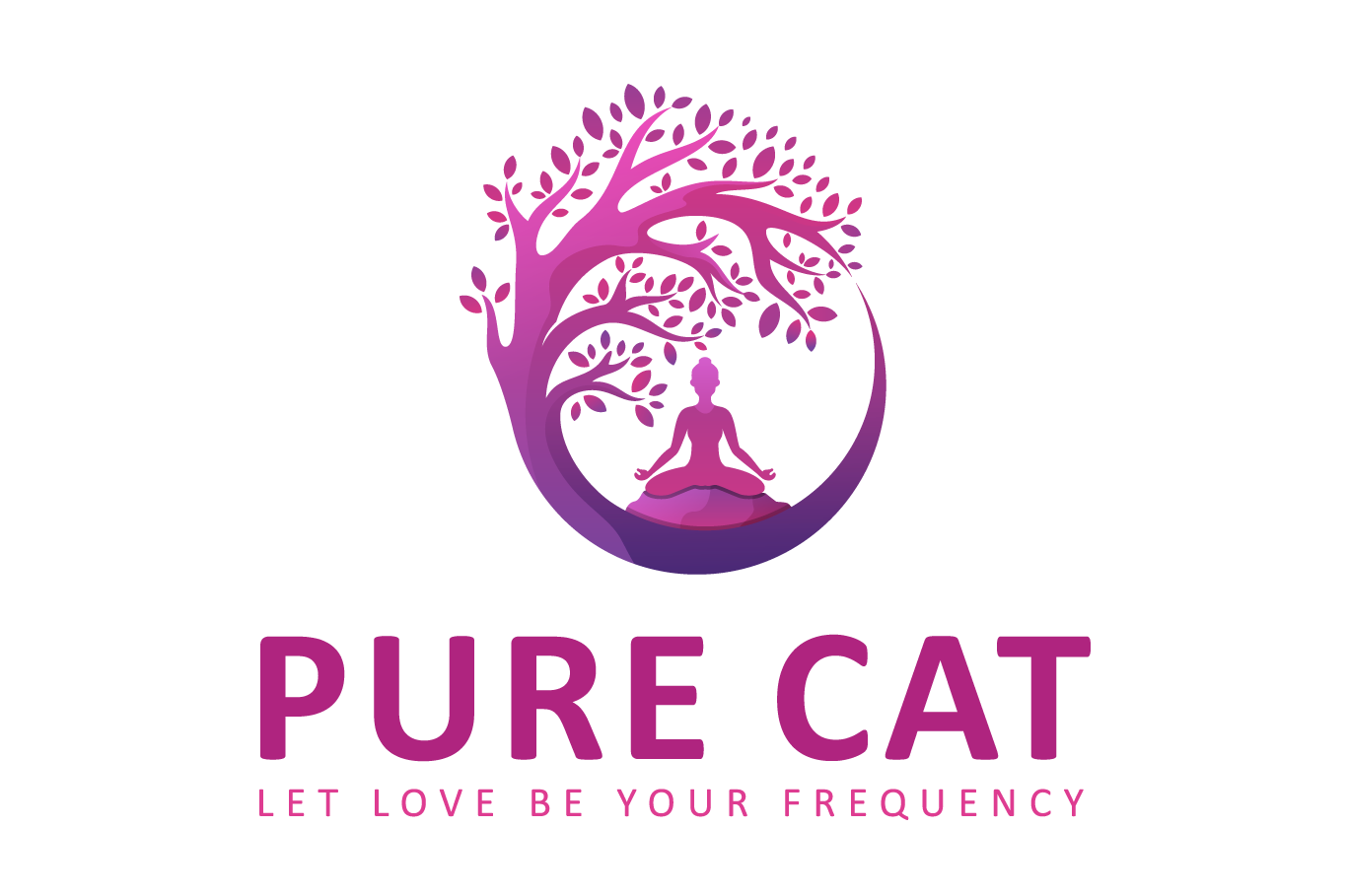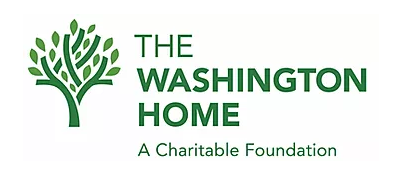
- This event has passed.
May 10, 2023 @ 6:00 pm - 7:00 pm
Event Navigation
This program is being offered virtually through Zoom. In order to participate and receive the Zoom link, register by clicking the RSVP button above or by emailing programs@smithcenter.org.
You will receive the Zoom information no later than the morning of your program.
with Mindy Brodsky, LCSWA
in partnership with Tigerlily Foundation
*Please note that by registering for this program, you consent to have your name and email shared with Tigerlily Foundation. Tigerlily only collects this information for data purposes and it will not be shared with any other parties.



This monthly support group, facilitated by a Licensed Graduate Social Worker, is for anyone who has lost a loved one to cancer. As a group, we will explore the impact of loss and find ways to cope with grief together.
The Loss of a Loved One to Cancer Support Group will meet Monthly on the first Wednesday from 6:00 – 7:00pm ET.
Upcoming Dates:
- May 10
- June 7
Sponsored by The Washington Home
This support group is sponsored by The Washington Home.
The Washington Home (TWH) is a DC-based foundation that seeks to improve the lives of the elderly and those facing end of life, strengthen senior communities and reduce inequality in access to care. Our philanthropic vision is grounded in a commitment to pursue caregiver support, enhance connection and foster respect and dignity for seniors. We invest in local, community efforts to address social isolation, caregiver relief, food insecurity and specialized health care for seniors and the critically ill.
About Elizabeth Belanger




